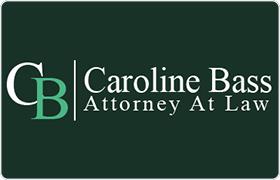Ute Park Divorce & Family Law Lawyer, New Mexico
Sponsored Law Firm
-
 x
x

Click For More Info:
-
Caroline Bass, Attorney At Law
1405 Vegas Verdes Unit 348 Santa Fe, NM 87507» view mapDivorce & Family Law Experienced. Knowledgeable. Responsive.
With 35 years of experience, I can accurately anticipate the opposition’s tactics and build creative arguments to support your case.
800-853-6550
Elizabeth A. Musselman
Landlord-Tenant, Family Law, Children's Rights, Wills
Status: In Good Standing
 Caroline Bass Santa Fe, NM
Caroline Bass Santa Fe, NM Practice AreasExpertise
Practice AreasExpertise
